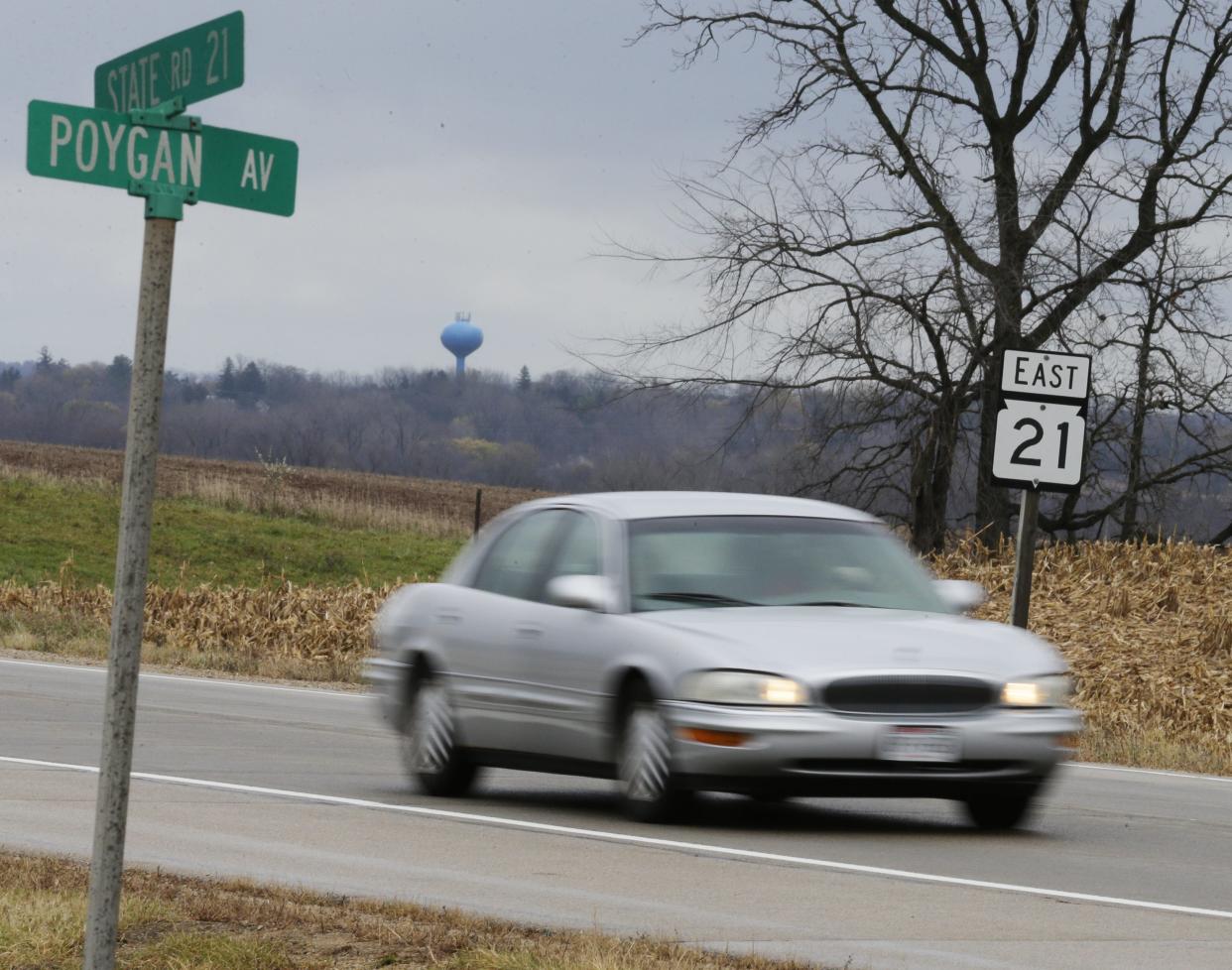Omro City Council decides against wheel tax ― for now
OMRO ― Residents will be getting at least one New Year’s wish.
Omro’s City Council has slammed the brakes on a new wheel tax for now, saying the implementation of any further vehicle registration fees will be discussed as a future option.
City Administrator Brandon Hennes confirmed the news after revealing City Council members recently explored avenues to increase its revenue streams.
“The initial talks surrounding a wheel tax came up as it was thought we may have problems with our budget and getting revenue for certain projects, so it was brought up for consideration as a means of increasing our revenue,” said Hennes.
“But the budget was worked out and we’re not facing a budget deficit, so we won’t be implementing the wheel tax for now. But it is something we can bring up at some stage as we look to fund needed projects in the future.”
According to the Department of Transportation, Wisconsin law allows for cities or counties to collect an annual wheel tax in addition to the already existing yearly vehicle registration fees paid to the state.
The DOT then keeps an administrative fee of 17 cents per vehicle registration before distributing the balance of that fee to the county or municipality.
13 counties and 38 municipalities in Wisconsin collect wheel taxes.

Currently, the DOT collects wheel taxes in 13 Wisconsin counties and 38 municipalities, ranging from $10 in Kaukana up to $40 for Madison.
But the proposed levy didn’t get a lot of positive feedback in Omro, as residents pushed back against possibly paying more taxes when the topic was brought up at a city council meeting.
“The overall consensus is that we should have enough money in taxes and if we’re being honest no one wants to willingly agree to paying more taxes,” said Hennes.
“But overall, city council didn’t think this was the right time to implement this tax and I think we need to do a lot more research on this so we’re not explaining this tax’s purpose as simply recouping revenue.
School report cards: Oshkosh Area School District 'met expectations' in annual student performance report cards
“I do see a potential positive outcome because potentially the revenue from a wheel tax could be used to offset special assessments and also to cover certain road projects we may need done down the road,” he added.
State law doesn’t define how much should be collected on wheel taxes but it does state that all revenue garnered from the tax must be used for transportation-related purposes.
Have a story tip or public interest concern? Contact Justin Marville at jmarville@gannett.com.
This article originally appeared on Oshkosh Northwestern: Omro won't implement 2024 wheel tax
